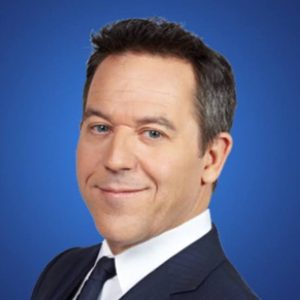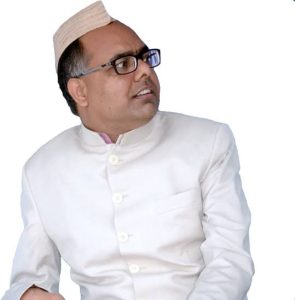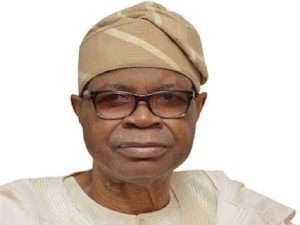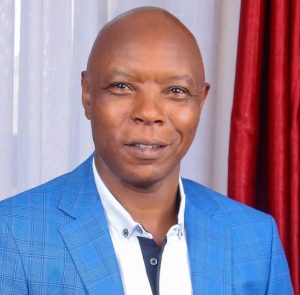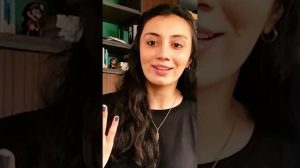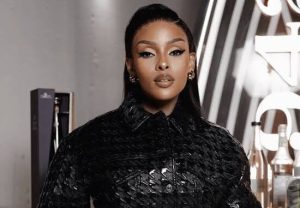
Early Life and Education
Justin Pierre James Trudeau was born on December 25, 1971, in Ottawa, Ontario, Canada. He is the eldest son of Pierre Elliott Trudeau, the 15th Prime Minister of Canada, and Margaret Sinclair Trudeau. Growing up in a bilingual household, Justin was fluent in both English and French, reflecting Canada’s dual linguistic heritage.
Trudeau attended Collège Jean-de-Brébeuf, a prestigious French-language high school in Montreal. He then pursued higher education at McGill University, earning a Bachelor of Arts degree in Literature in 1994. Subsequently, he obtained a Bachelor of Education degree from the University of British Columbia in 1998, preparing him for a career in teaching.
Career
After completing his education, Trudeau worked as a teacher in Vancouver, British Columbia, where he taught French and mathematics at the secondary school level. His passion for education and youth development was evident during this period. In 2002, he returned to Montreal to further his studies and became actively involved in various charitable organizations. Notably, he served as the chair for the youth charity Katimavik and was a director of the not-for-profit Canadian Avalanche Association.
Entry into Politics
Trudeau’s entry into politics was influenced by his family’s political legacy and his commitment to public service. In 2006, he was appointed as chair of the Liberal Party’s Task Force on Youth Renewal, signaling his growing involvement in national politics. In the 2008 federal election, he was elected as the Member of Parliament for the riding of Papineau in Montreal. As an MP, Trudeau served as the Liberal Party’s Official Opposition critic for youth and multiculturalism in 2009, and later as critic for citizenship and immigration in 2010. By 2011, he was appointed as a critic for secondary education and sport, broadening his political portfolio.
Leadership of the Liberal Party
In April 2013, Trudeau was elected leader of the Liberal Party of Canada. Under his leadership, the party underwent significant revitalization, focusing on progressive policies and engaging a broader demographic, particularly the youth. His charismatic leadership and clear vision played a pivotal role in reshaping the party’s image.
Prime Ministership
First Term (2015-2019)
In the 2015 federal election, Trudeau led the Liberal Party to a majority government, becoming Canada’s 23rd Prime Minister. At 43, he was the second-youngest person to hold the office and the first to be the child of a previous prime minister. During his first term, Trudeau’s government implemented several key initiatives:
Canada Child Benefit: Introduced to provide financial support to families with children, aiming to reduce child poverty.
Legalization of Recreational Marijuana: Through the Cannabis Act, Canada became the second country to legalize recreational cannabis nationwide.
Medical Assistance in Dying: Legislation was passed to allow eligible adults to request medical assistance in dying, marking a significant shift in end-of-life care.
Senate Appointment Reform: Established the Independent Advisory Board for Senate Appointments to recommend non-partisan individuals for the Senate, promoting transparency and merit-based selections.
Federal Carbon Tax: Implemented as part of Canada’s strategy to combat climate change by reducing greenhouse gas emissions.
In foreign policy, Trudeau’s government negotiated significant trade agreements, including the Canada-United States-Mexico Agreement (CUSMA) and the Comprehensive and Progressive Agreement for Trans-Pacific Partnership. Additionally, Canada signed the Paris Agreement, committing to global efforts against climate change.
Second Term (2019-2021)
The 2019 federal election resulted in the Liberal Party forming a minority government. Trudeau’s second term was dominated by the response to the COVID-19 pandemic. His government implemented measures to support Canadians, including financial aid programs and public health initiatives. During this period, an “assault-style” weapons ban was announced following the tragic 2020 Nova Scotia attacks. Additionally, a national $10-a-day child care program was launched to make child care more affordable for families.
Third Term (2021-2024)
In the 2021 federal election, Trudeau secured another minority government. Significant actions during this term included:
Invocation of the Emergencies Act: In response to the Freedom Convoy protests, marking the first use of the Act since its inception.
Support for Ukraine: Following Russia’s invasion of Ukraine, Canada imposed sanctions on Russia and authorized military aid to support Ukraine.
Confidence and Supply Agreement with the NDP: In early 2022, the Liberal Party signed an agreement with the New Democratic Party, leading to the enactment of the Canadian Dental Care Plan for residents meeting certain income thresholds and laying the framework for national pharmacare.
However, in late 2024, the NDP chose to terminate the agreement, leading to political instability.
Resignation
On January 6, 2025, Justin Trudeau announced his resignation after nearly a decade as Prime Minister. His decision came amid rising voter dissatisfaction, internal government turmoil, and the resignation of key cabinet members, including Finance Minister Chrystia Freeland. Trudeau stated he would remain in power until a new leader of the Liberal Party was chosen. His resignation marked the end of a significant era in Canadian politics.
Personal Life
Justin Trudeau married Sophie Grégoire, a former television host, in 2005. The couple has three children: Xavier, Ella-Grace, and Hadrien. In August 2023, Trudeau and Sophie announced their separation, stating they would continue to co-parent their children amicably.
Conclusion
Justin Trudeau’s tenure as Prime Minister of Canada was marked by significant achievements in social policy, trade, and environmental initiatives
Net Worth of Justin Trudeau
As of recent estimates, Justin Trudeau’s net worth is speculated to be between $10 million to $13 million. Much of his wealth is attributed to his political career, book royalties, and inheritance from his father, Pierre Elliott Trudeau. Trudeau has also earned income from his published memoir, Common Ground, which became a bestseller.
FAQs
1. What is Justin Trudeau’s full name?
His full name is Justin Pierre James Trudeau.
2. When was Justin Trudeau born?
He was born on December 25, 1971.
3. Who are Justin Trudeau’s parents?
His parents are Pierre Elliott Trudeau, the 15th Prime Minister of Canada, and Margaret Sinclair Trudeau.
4. What is Justin Trudeau’s educational background?
He has a Bachelor of Arts in Literature from McGill University and a Bachelor of Education from the University of British Columbia.
5. When did Justin Trudeau become Prime Minister of Canada?
He became the 23rd Prime Minister of Canada on November 4, 2015.
6. What are some of Justin Trudeau’s key achievements?
His achievements include legalizing recreational marijuana, implementing the Canada Child Benefit, introducing a federal carbon tax, and enacting the Canadian Dental Care Plan.
7. Is Justin Trudeau still the Prime Minister?
No, Justin Trudeau announced his resignation as Prime Minister on January 6, 2025.
8. What is Justin Trudeau’s net worth?
His net worth is estimated to be between $10 million and $13 million.
9. Does Justin Trudeau have children?
Yes, he has three children: Xavier, Ella-Grace, and Hadrien.
10. What is Justin Trudeau’s connection to the Liberal Party?
He has been a long-time member and served as the leader of the Liberal Party from 2013 to 2025.
